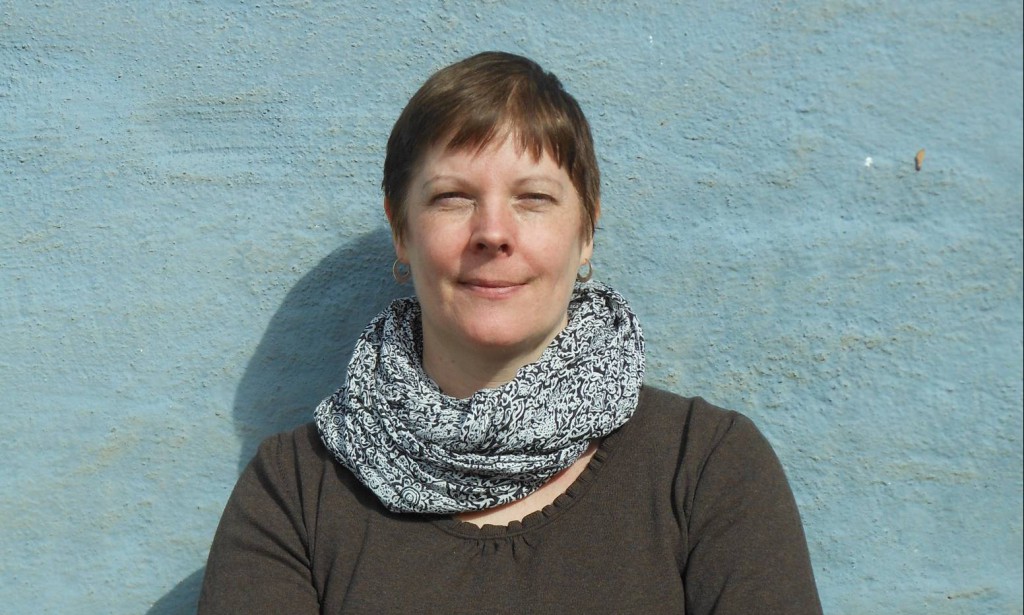What kind of opportunities are there to study Czech in Swedish universities?
The only possibility of studying Czech as a subject in Sweden now is in Stockholm. Until recently Czech was offered at four universities (Lund, Uppsala, Göteborg and Stockholm), but small languages have problems everywhere. Czech courses are very different here than in, for example, the Czech Republic. Swedes can major in medicine, journalism, law, etc., but can also take a minor consisting of smaller courses such as language studies, towards a Bachelor’s degree. Language courses are offered every semester and unlike in the Czech system students can opt to study Czech for one semester or longer.
That’s why our students tend to be older than yours. There are also independent courses on Czech film, literature, history and so on, that don’t require knowing the language. There is also a two-year translation workshop at Södertörn College. It’s for translation from German, French, Polish, Czech, etc. Students discuss their translations together with the teacher and the whole group while everyone reads and comments on each other’s translations. It provides a unique opportunity to work with texts, and is reminiscent of creative writing courses.
The Czech translation course was held twice and graduated nine students, myself included. Our group was led by Mats Larsson. For the course I translated Night Work (Noční práce) by Jáchym Topol. Unfortunately, the translation workshop will probably be cancelled next semester.
After Aspekt publishes Nanobook it will publish Joza’s Hanule (Jozovu Hanuli) by Květy Legátová and Ask Daddy (Zeptej se táty) by Jan Balabán. Why did you choose the work of these writers?
I rate Balabán very highly; he was a truly great writer. One of his short stories came out in Sweden in our anthology (link**). Legátová is also a fantastic writer that I’ve wanted to translate for a long time. As to why this choice of authors? I would say that it has to be a work that all three of us are interested in and that isn’t too long, because we can only pursue our publishing work in our free time. Our selection can’t and doesn’t have to be representative of contemporary Czech literature. At the same time, we’re of course following what’s happening in contemporary Czech writing.
How do you translate books by Jáchym Topol? To what extent did you communicate with him about the translation? In the case of Sophie Sköld translating Petra Hůlová’s All This Belongs to Me (Paměti mojí babičce) into Swedish (published in 2011) she wouldn’t contact her for anything, though translating Hůlová must be about as difficult as translating Topol …
Opinions vary on the issue of contact between translators and writers. It depends on many different factors – the translator’s personality, the translated text itself, etc. Translators often discuss this topic and everyone has a different experience with the author they’re translating. There are authors who think that a translator needs their explanations, though I’d say that the majority of the work is in looking for a Swedish equivalent.
Translating Joachim was really interesting. His language and style is very varied and diverse. That’s another reason I wanted to translate it into Swedish. I got in touch with him fairly often, sending questions and so forth. Jáchym often answered that he didn’t know, that I should do what I wanted. So I had to solve these problems on my own. The most difficult thing with Topol is translating common Czech into Swedish because we don’t have the same leveling of language that Czech has. Yet I’ve devoted a lot of study to this area of linguistics – my dissertation was on the spoken language used in TV debates and talk shows – so, because of that I enjoyed dealing with those difficulties.
Interviewed by Jaroslav Balvín
